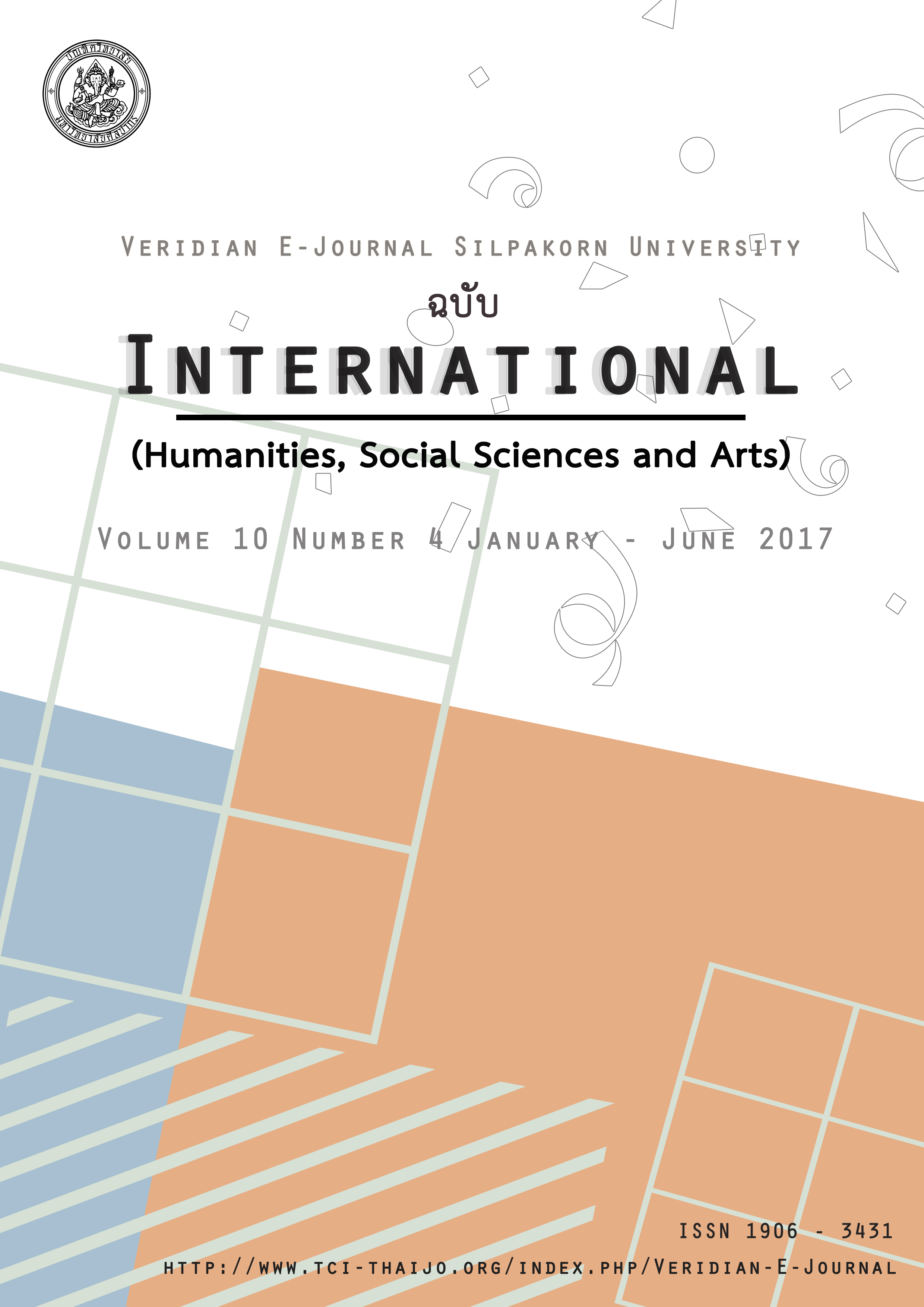Lesson Learnt: Women Peace Network from Southern Border Provinces of Thailand
Main Article Content
Abstract
The lesson learnt originate from the Southern Border Provinces’ Women for Peace Network Research that produced by the Office of Peace and Governance, King Prajadhipok’s Institute, under budget provided by “UN Women”, and the network alliance, by taking into account the importance of peace building process and security in Thailand’s southern border region.
The objective of this research aims at promoting peace and security with the tools of the cooperation of force and power available, particularly among the women’s groups in the southern border provinces, in order that potentiality, opportunity and readiness be created among the groups of women residing in the aforementioned region, whereby their collective participation shall be carried out and factored in into the peace building process. In addition, the research project also compiled a collective data/information base of knowledge of the Southern Women Community Network, the summary of major points in the lesson being learnt, as well as the learning exchange of major issues, in order to move forward to the 7 policy recommendation points, which are comprised of the following: 1) Women and Politics 2) Women, Economy and Occupational Creation 3) Women, Judicial Process and Human Rights 4) Women, Religion, Education and Culture 5) Women and Relief and Recover 6) Women and Alleviation of Violence7) Women’s Participation in Peacebuilding through focus groups by means of peace (in 4 particular areas, that is, Yala, Pattani, Narathiwat, all being southern provinces, and 4 districts in the other southern province of Songkhla, which are Saba Yoi (Malay: Sebayu), Thepha (Malay: Tiba), Chana (Malay: Chenok) and Na Thawi (Malay: Nawi)).
The target groups of research are comprised of women affected by the violence, women from public sector, women from civil society network organizations , representatives from Southern Border Provinces Administration Centre, volunteers from village public health units, representatives from local administrative organizations, religious leaders, female community leaders, teachers and academicians locally and from other areas. There are total 300 female leaders’ networks within the research area.
The scope of research content in regard to the peace building process through female leaders in southern border provinces has been produced by summarizing and compiling professional advice and opinions of the technical review group, which were provided during their meetings, with the following dimensions being the focus:
1) Women and creation of the atmosphere in which knowledge and experience on the topic of Peace is to be exchanged.
2) Rights and fairness to women (politics, economy and occupation, education, religion, culture, judicial process and human rights, remedy).
3) Establishing women’s cooperation networks in Thailand’s southern border provinces.
4) Providing knowledge in support of pushing forward the female elements
into the peace building process
